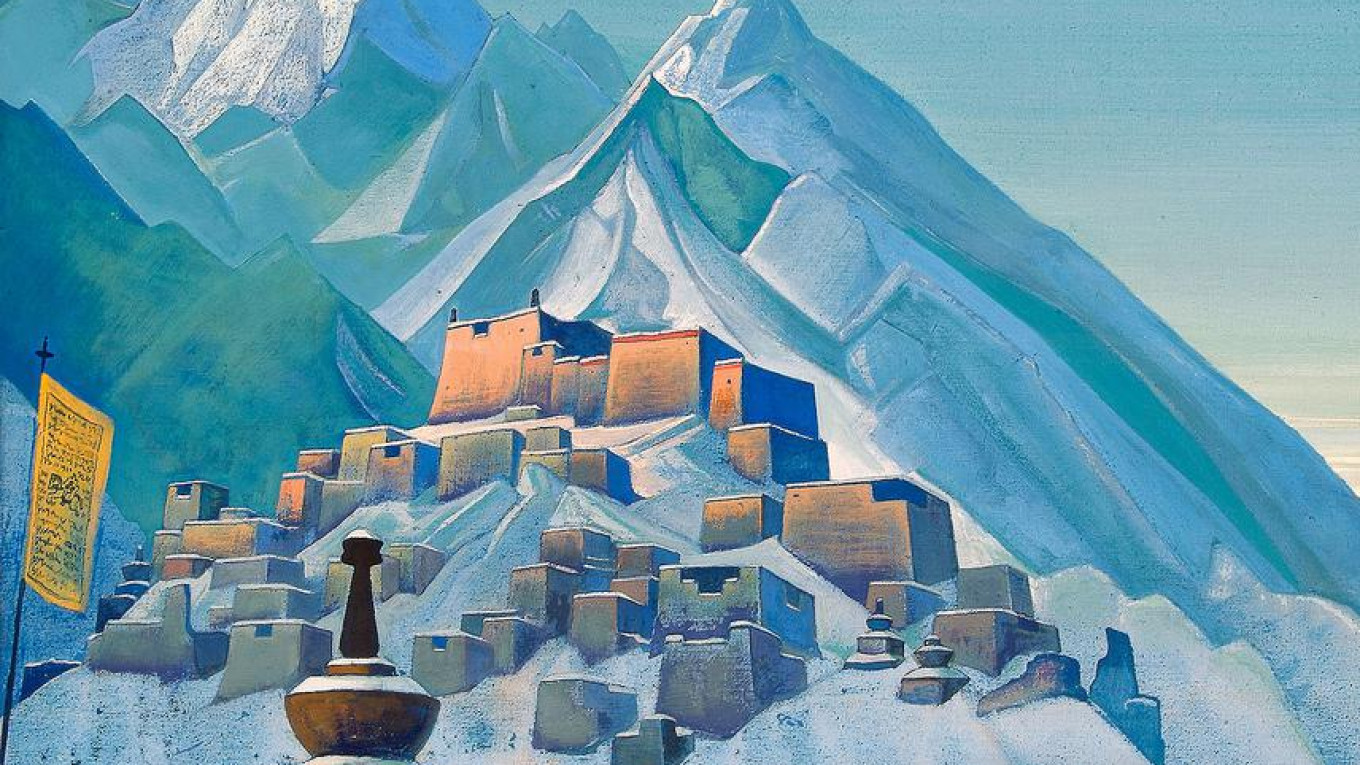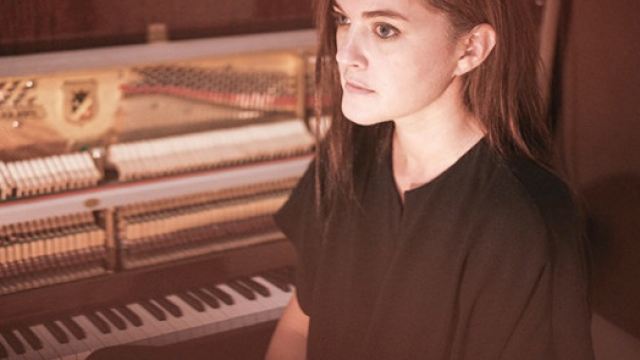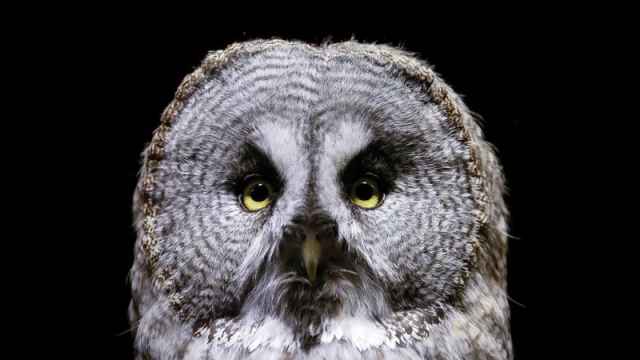This week we’ve pounded the pavements in a bid to explore the city from a different perspective. Whether it’s enjoying delicious food, discovering your natural dancing ability or remembering the past, here are some multicultural destinations where you can learn about the city’s diverse inhabitants with a view to understanding and respecting their culture.
A Taste of Tibet
Experience “The Roof of the World”
Dreaming of mountain vistas, sweeping grasslands and stunning Buddhist temples, but finding Moscow a little, well, flat? First, head to the Nikolai Roerich Museum where you can learn more about the namesake anthropologist-painter-theosophist and his family. The Roerichs’ traveled extensively through Asia, and they were even detained in Tibet for five months by local authorities. Nikolai’s experiences of this time are documented through his vibrant paintings of the mountains and lakes, correspondence with local Buddhist lamas and many ornaments and important relics that were collected on the way. Meanwhile, his linguist-son George published extensively on his expeditions and Tibetan language acquisition. If you’re hungry for more after the museum, head to the Tibet-Himalaya restaurant — there are two branches in the city — for some tasty treats prepared by native chefs.
3/5 Znamensky Pereulok
Metro Arbatskaya, Kropotkinskaya
Georgia on Your Mind
Monuments and dancing
Ever wonder what that monument of metal letters was on Tishinskaya Ploshchad? Put up in 1983 to celebrate the 200th anniversary of the Treaty of Georgievsk between Russia and Georgia, it is called — without a whiff of irony — Friendship Forever. It was designed by Zurab Tsereteli and poet-architect Andrei Voznesensky. Called unofficially — with plenty of irony — the Giant Shashlik, it is in Moscow’s old Georgian quarter, still identified by street names like Malaya Gruzinskaya Ulitsa (Little Georgia Street). If you don’t want to pay your respects at the monument, you can celebrate Georgia at any one of hundreds of cafes and restaurants in the city, or by learning how to dance the lezginka and other Georgian dances. Men have to attempt the hard jumps; women have to learn how to float like a swan. After a hard night of rehearsing — hit your favorite Khinkalnaya.
Gordost Kavkaza
lezginka.biz/lezginka/gruz.html
5 Ulitsa 1905 Goda. Metro 1905 Goda
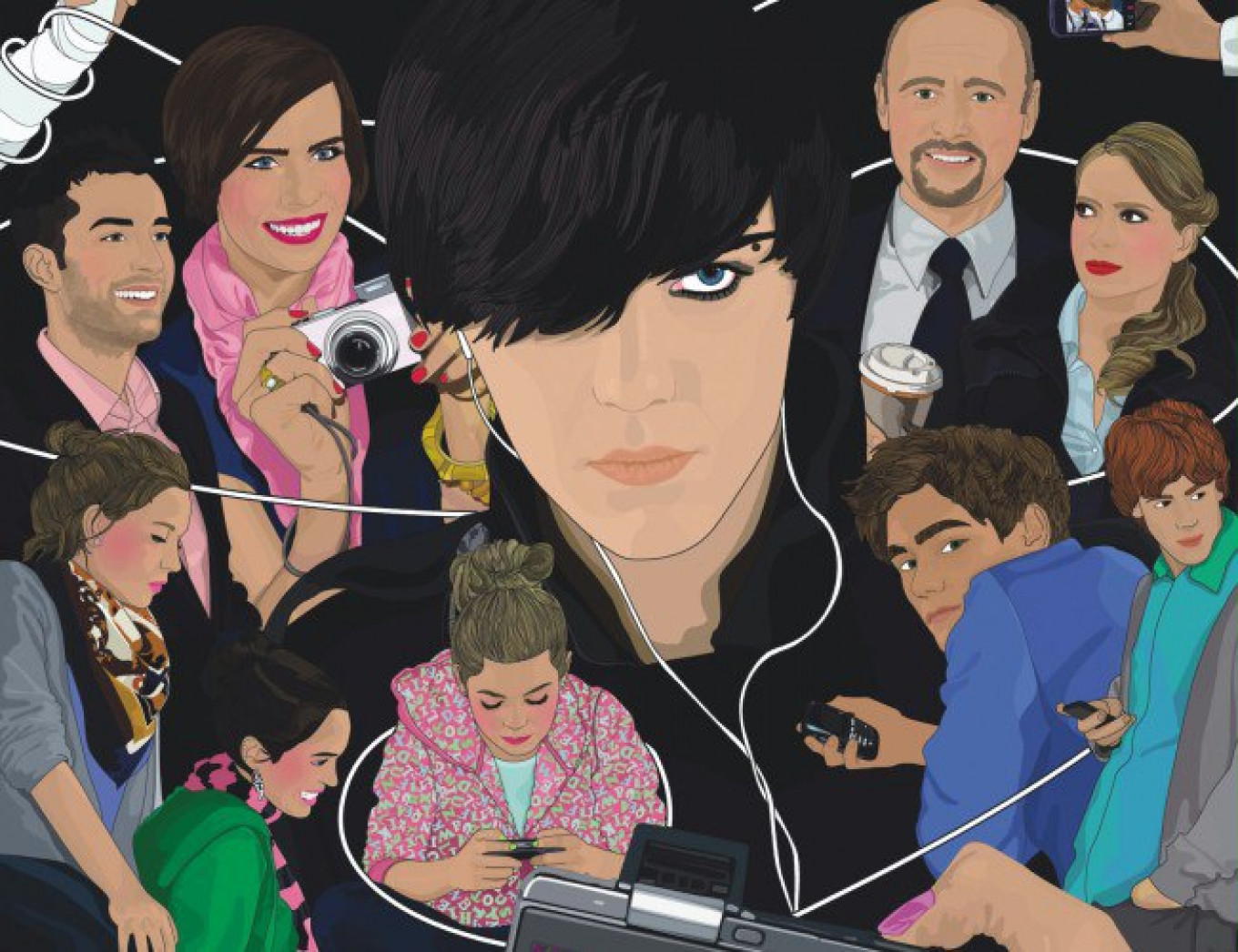
Polish Cultural Center
Cutting-edge culture from a neighbor
One of the city’s most vibrant cultural scenes in Moscow is at the Polish Cultural Center, part of the Polish diplomatic mission. It sees its task as doing PR for contemporary Polish culture, including the most cutting-edge literary and artistic figures. Opened in 1988, it offers a plethora of mostly fee events, from meetings with writers and prominent political and social figures to films, concerts and exhibits. Right now they’ve got some films in the SUBTITLE festival and are supporting the work of Polish artists taking part in the Street Art Biennale. The Center also has Polish language courses. Check out their site for upcoming events.
Polish Cultural Center
4 Ulitsa Kilmashkina. Metro Belorusskaya
Jewish Museum and Tolerance Center
A panoramic view of Jewish history
Experience Russia through a different lens at Moscow’s Jewish Museum and Tolerance Center. The cutting-edge cultural complex tells the story of the Jewish people in Russia from Catherine the Great to the present day, while the adjoining educational center aims to promote and facilitate a culture of peace and cooperation in society. At the museum learn about the origins of the Jewish faith through a 4D cinema experience. Then watch the history of Jews in Russia unfold through striking audiovisual installations, powerful witness testimonies and interactive displays. A large section of the museum is dedicated to the Holocaust and the treatment of Jews under Stalin. Part of the huge exhibition hall has been converted into a Jewish “shtetl” — a small town or borough — where you can visit a synagogue and take part in the Shabbat feast.
Jewish Museum and Tolerance Center
11 Ulitsa Obraztsova, Bldg. 1A.
Metro Savyolovskaya, Marina Roshcha
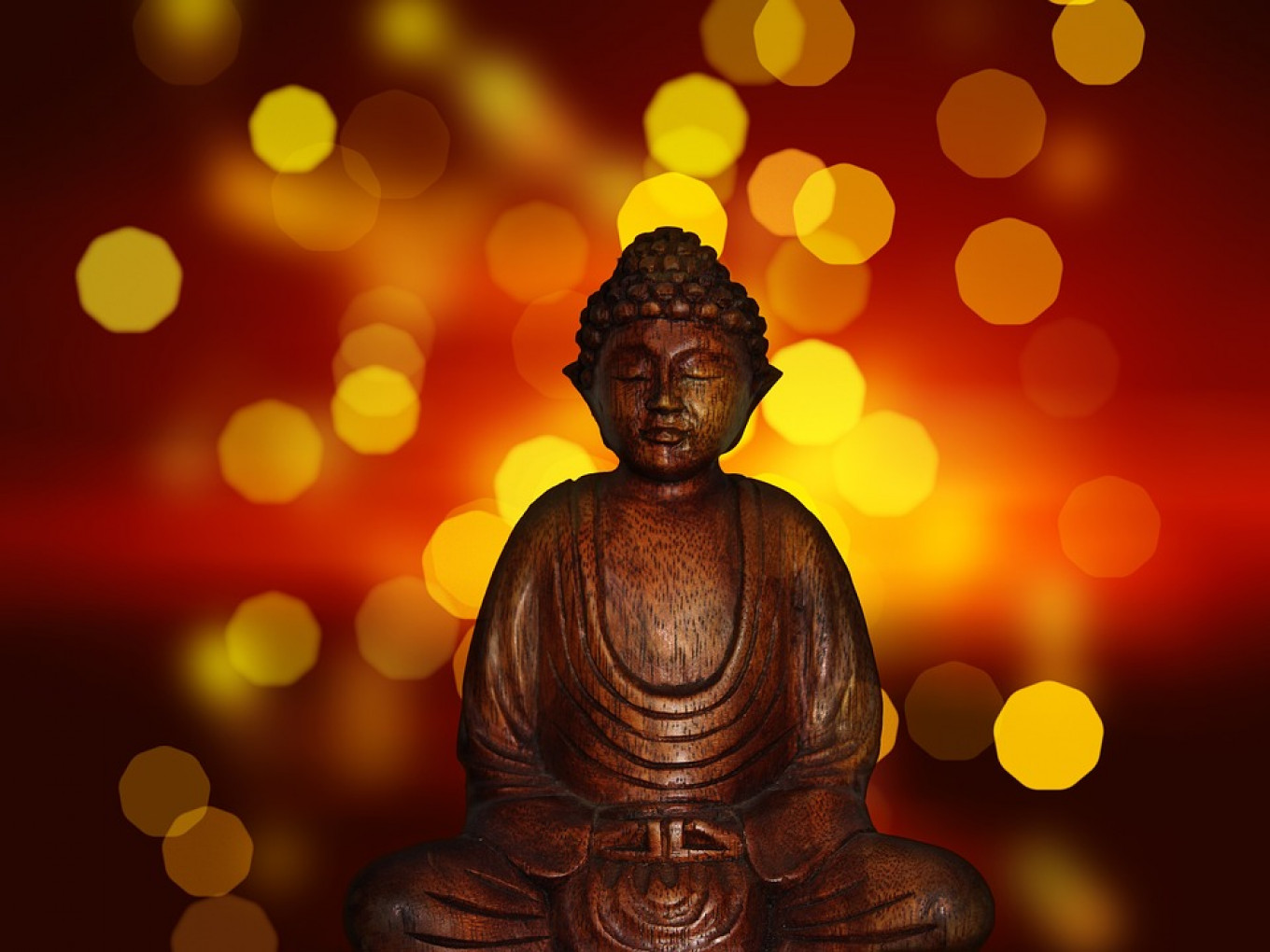
Lama Tsongkhapa Buddhist Center
For spiritual and cultural succor
Buddhism is one of Russia’s four “traditional” religions, with three parts of the country — Kalmykia, Buryatia and Tuva — predominantly Buddhist. But Moscow does not yet have a Buddhist Temple, although two are under construction. In the meantime, the Lama Tsongkhapa Buddhist Center holds religious ceremonies and provides all kinds of assistance to anyone interested in learning more about Buddhism. There is a large library and Internet shop, a wealth of audio materials and films, and all kinds of events, lectures and classes. Although most events and ceremonies are in Russian, all are welcome.
Lama Tsongkhapa Buddhist Center
23 Ulitsa Mytnaya, Bldg. 1. Metro Tulskaya
Gulag History Museum
Confronting the past
As you enter the museum on 1st Samotyochny Pereulok, the sound system projects the chilling clank of closing cell doors and loud footsteps on a concrete floor. The first room contains a simple but striking exhibit: heavy steel prison doors from gulags across the former Soviet Union. It’s a powerful reminder of the fate suffered by the millions of people who fell afoul of the state and found themselves in labor and detention camps, often hundreds of miles from civilization. The collection includes prisoner’s personal belongings, letters and an overwhelming amount of rare archival footage in which survivors talk about life in the gulags. The museum is a reminder of Russia’s painful past, and a call for greater tolerance between people of differing religious, ethnic and cultural backgrounds.
Gulag History Museum
9 1st Samotyochny Pereulok, Bldg. 1
Metro Novoslobodskaya, Dostoevskaya


